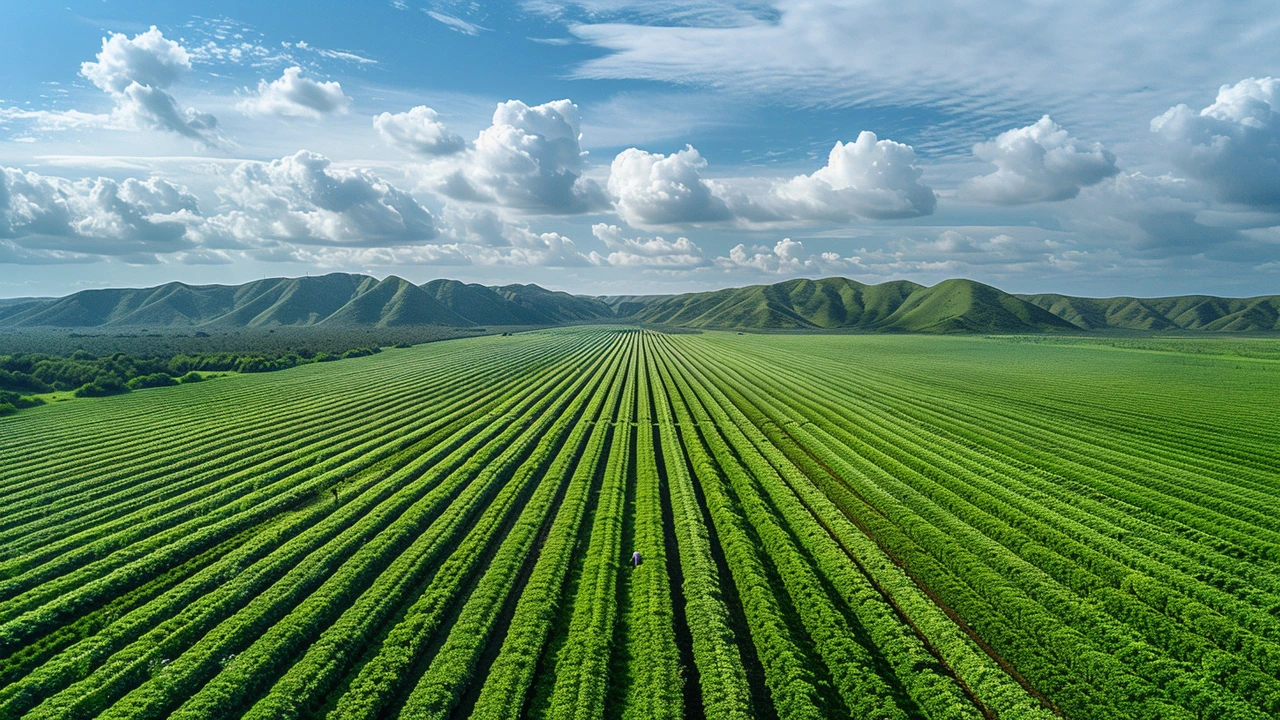Land Restoration: Bringing Back Life to Damaged Land
Ever wonder why some lands become barren or unhealthy over time? Land restoration is all about fixing that. It means taking actions to heal damaged land, improve soil health, and get ecosystems back on track. Whether it's through planting trees or fixing how we use the land, restoration helps nature bounce back and supports wildlife and people.
When land loses its fertility or plants disappear, it affects more than just the ground. Water quality drops, animals lose habitats, and communities struggle with less food and clean air. Fixing land isn’t just pretty—it’s necessary.
How Does Land Restoration Work?
Restoring land can mean lots of things, but mostly it starts with understanding the damage. Sometimes it’s about stopping harmful activities like overgrazing or pollution. Other times, it means actively planting native trees, grasses, or crops that help the soil hold water and nutrients better.
One common step is reforestation—planting native trees in areas that used to be forested. Trees prevent soil from washing away and provide homes for animals. Another is managing farmland better by rotating crops and avoiding chemicals that strip the soil’s nutrients.
Why Should We Care?
Healthy land supports everything. It grows the food we eat, cleans the air and water, and helps fight climate change by soaking up carbon dioxide. For example, restoring lands damaged by mining or drought not only brings back plants but also improves local living conditions. It creates jobs and stabilizes communities.
Restoration doesn’t happen overnight, but its benefits pay off big time. It’s about working with nature, not against it. By caring for our land, we secure a better future for both the planet and ourselves.
Want to learn more or get involved? Check out local projects or global efforts that focus on restoring land. You’d be surprised how even small actions can make a big difference.
World Environment Day 2024: IUCN Director General’s Urgent Call for Land Restoration
In a statement for World Environment Day 2024, the IUCN Director General emphasizes the dire need for land restoration. The statement notes that 40% of the world’s land is degraded due to unsustainable practices, impacting vulnerable communities and food security. The IUCN calls for scaling up land restoration efforts to build climate resilience and support sustainable development.
View more